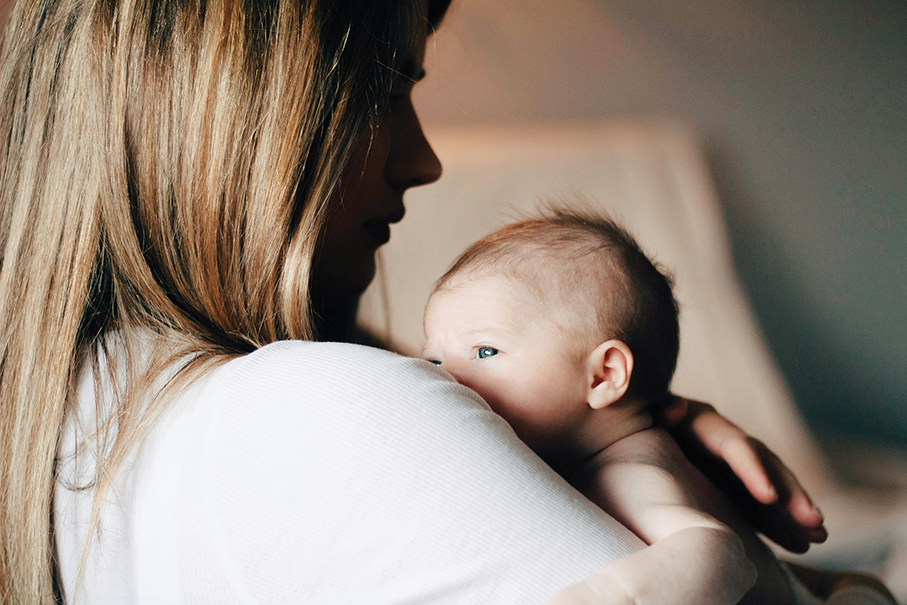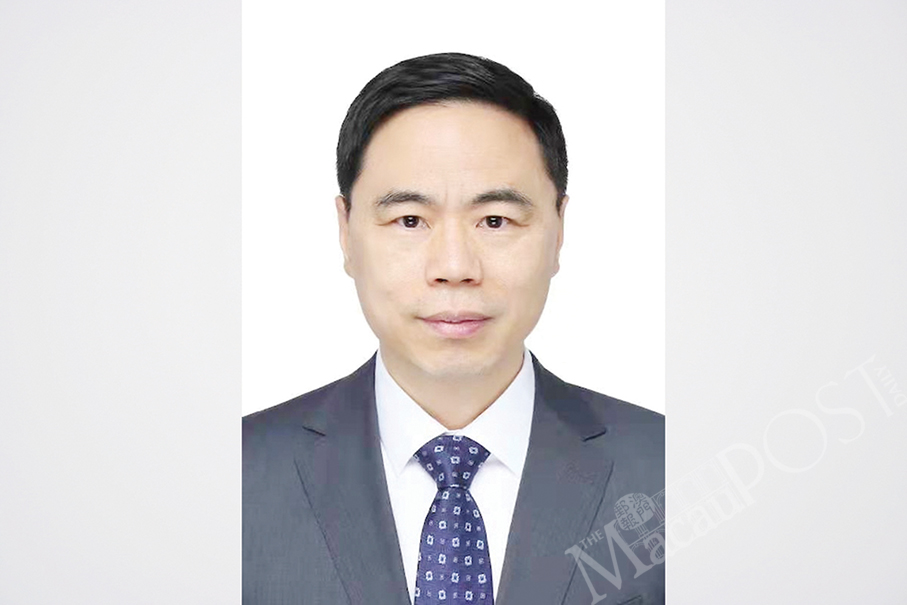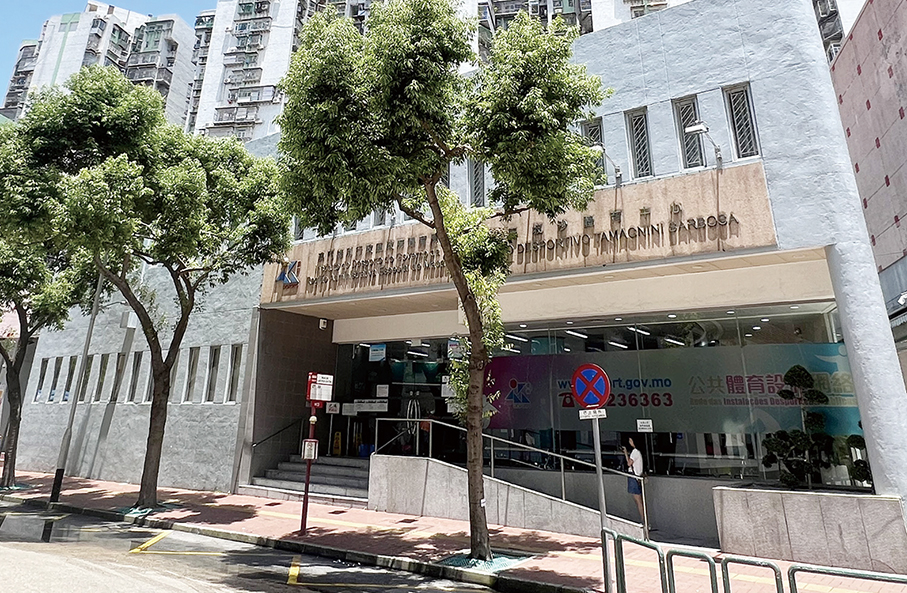Interview by Yuki Lei
Macau’s birth rate continues to fall, with the number of births expected to drop to 3,500 this year – and Macau Comprehensive Social Studies Association Chairman Nelson Kot Man Kam told the Post yesterday, that he expected there would be no significant increase in the local birth rate in the coming years, which would have a “negative” impact on the city’s economic and social development, urging the government to introduce a policy to strengthen its support for childbearing.
According to the Health Bureau, as of January 27, there were only 284 newborns recorded at the public Conde de São Januário Hospital Centre and private Kiang Wu Hospital this year, a shortfall of 17 compared to the 301 newborns recorded during the same period last year. Over the past decade, the local birth rate dropped from 11.8 per 1,000 to 5.5 per 1,000 last year, with 3,712 births recorded last year.
In a phone interview with the Post, Kot said: “I don’t foresee that there will be any increase in the birth rate in the next couple of years,” highlighting several factors contributing to this trend, particularly over the three-year COVID-19 pandemic, including the city’s economic downturn, job insecurity, high cost of education, and the amount of time and money spent on raising children.
Kot also referenced data from the Education and Youth Development Bureau (DSEDJ), pointing out that there were only about 4,000 students enrolled in local kindergartens this year. He remarked on the phenomenon that “there are more people keeping pets than children at present”.
The continuing decline in the birth rate will adversely affect the overall development of Macau, according to Kot, starting with nurseries and schooling. In the long term, he added, it would also have an impact on the local labour market and the city’s financial stability.
In his view, the government has a responsibility to alter the factors influencing young locals’ decisions about having children or not by either increasing benefits or reducing the costs associated with childcare. He said: “The government needs to formulate an effective fertility policy and provide more support to young families but, at the same time, all sectors of the community also must work together to create an environment that encourages childbearing”.
Kot also said that while the government currently encourages young families to have children by offering a maternity allowance of about 10,000 patacas, public servants also benefit from an additional monthly family allowance of about 940 patacas until their children graduate from university. However, he was quick to add, private sector employees typically do not receive similar benefits, leading to concerns that having children will increase family expenses, ultimately reducing their willingness to have children.
He suggested the government “come up with some bold thinking” in following the policies of other countries and regions encouraging more locals to have children, including raising the city’s maternity leave to 180 days, launching a policy of home ownership for families with several children, as well as considering the provision of low-interest mortgages or other subsidies to help young families improve their living environment.
“Having children is actually a big deal”, Kot said, who added that in the private sector, he hoped that the government could promote the provision of flexible working hours by private-sector enterprises so that parents can better balance their work and family life.
Regarding the fact that quite a number of countries and regions have relaxed their immigration policies in the wake of declining birth rates, Kot said that the local government could start with its non-local talent acquisition scheme to increase the scores for those applying to immigrate to Macau with more family members, thereby promoting population growth, especially an increase in the number of young families: “An increase in the number of children will help other sectors in Macau, such as childcare centres, schools and teachers”.

Undated file photo of Macau Comprehensive Social Studies Association Chairman Nelson Kot Man Kam. – Photo provided by the association yesterday

Image courtesy of Unsplash







